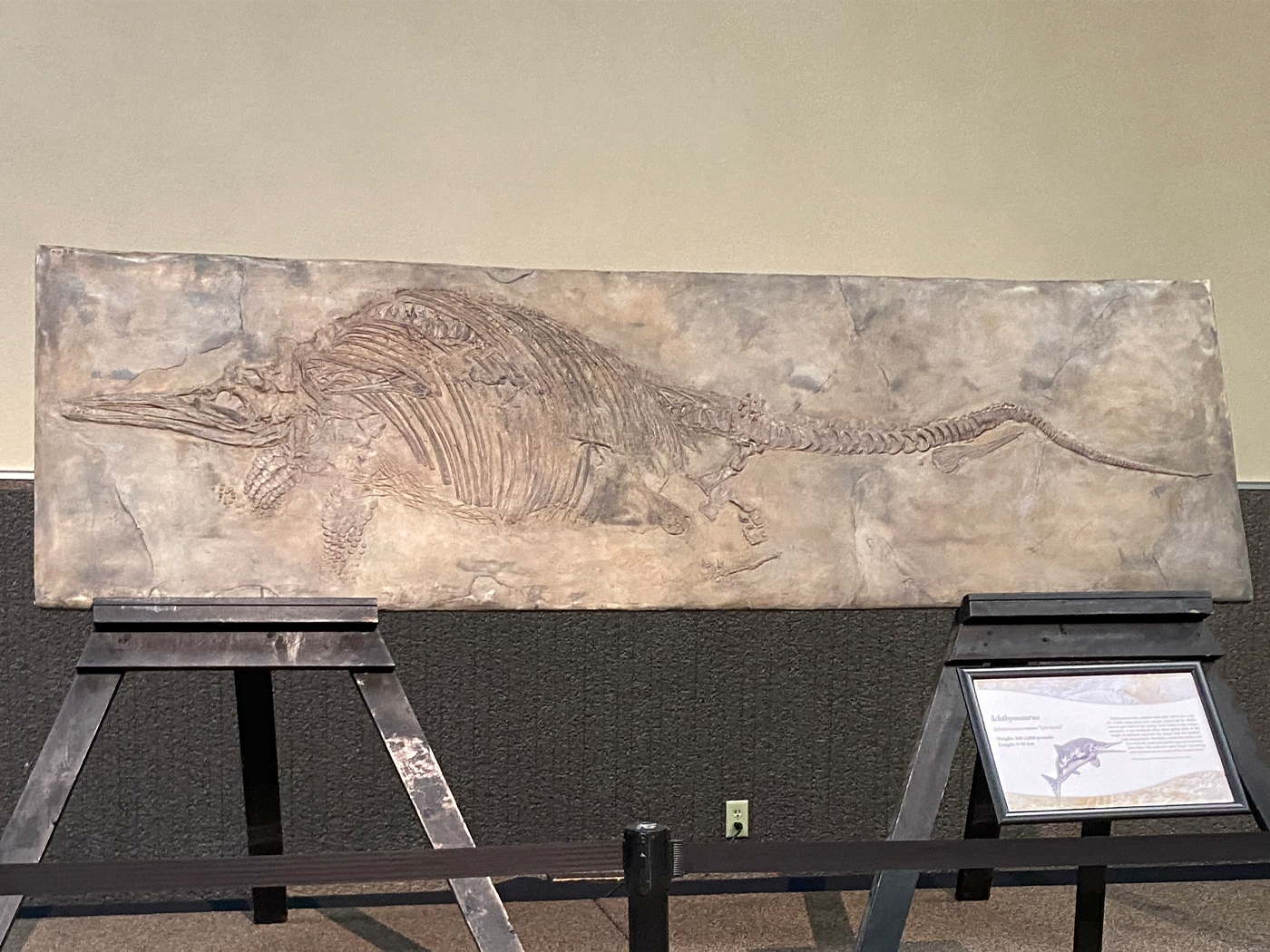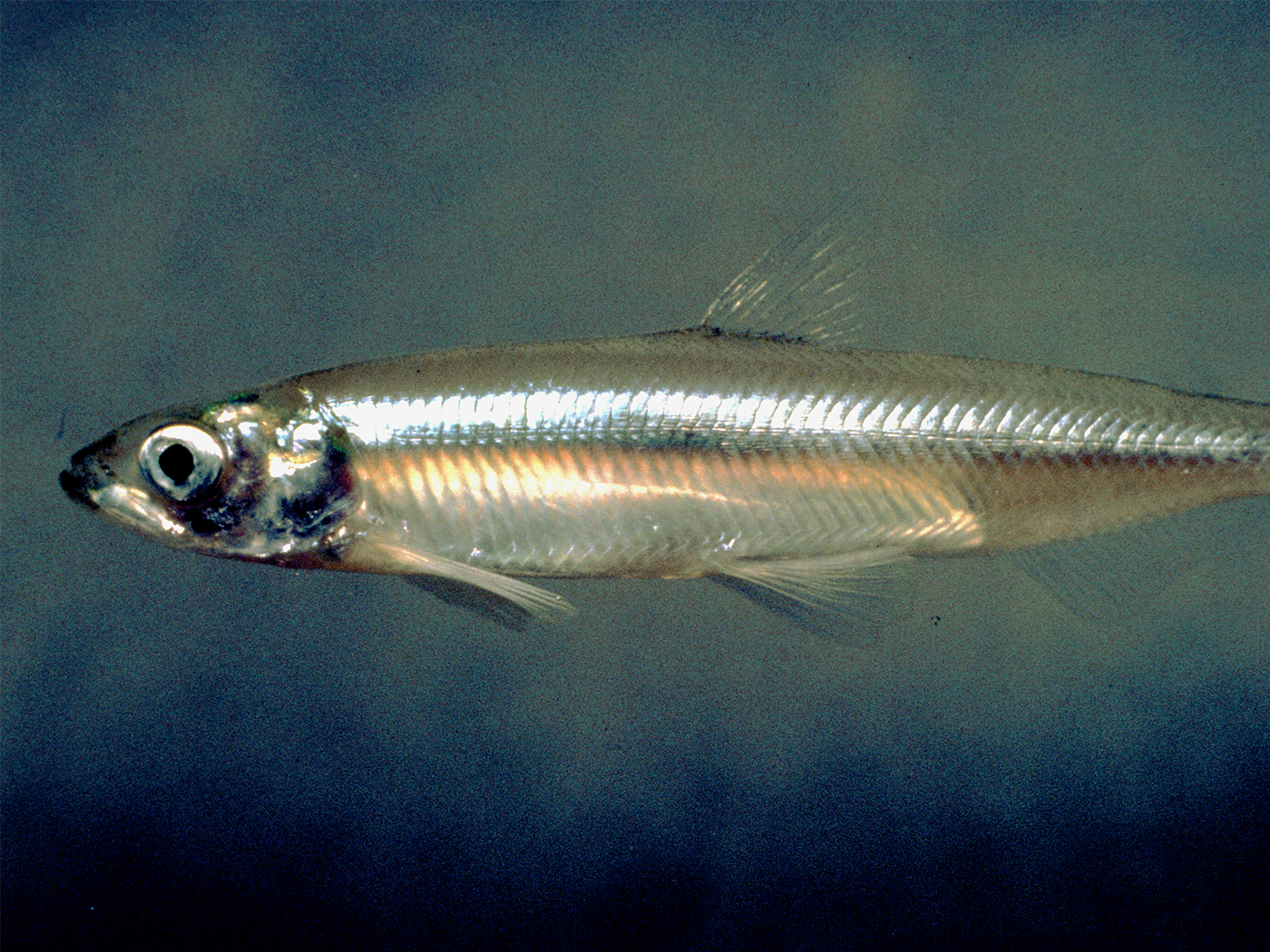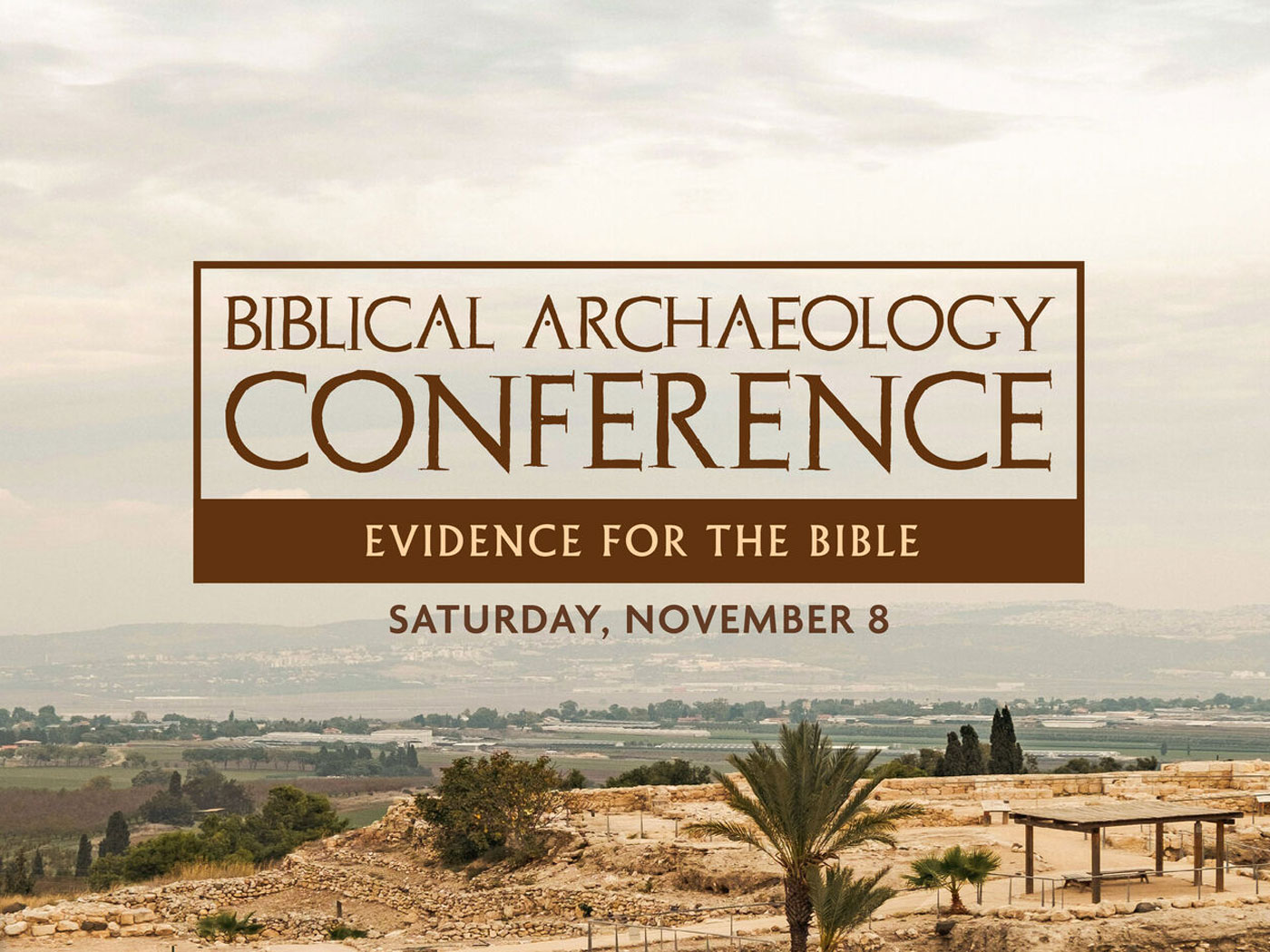“If therefore perfection were by the Levitical priesthood...what further need was there that another priest should rise after the order of Melchisedec, and not be called after the order of Aaron?” (Hebrews 7:11)
As good as the Levitical priest system was, it was imperfect and the priesthood would need to be changed. Jesus Christ became the perfect priest who would never change.
Hebrews 7 describes the old priesthood as mortal: “And they truly were many priests, because they were not suffered [allowed] to continue by reason of death” (v. 23). There would no doubt be some breakdown of knowledge or interest on behalf of a person when his priest moved or died. Not so with the Lord Jesus Christ, “because he continueth ever” (v. 24), and because He is “the Son, who is consecrated for evermore” (v. 28). Therefore, we approach Him with confidence, knowing He “is able to save them to the uttermost that come unto God by him, seeing he ever liveth to make intercession for them” (v. 25).
The priesthood of men was also fallible. Daily they needed “to offer up sacrifice, first for [their] own sins, and then for the people’s” (v. 27). A system of sinful men offering imperfect animals whose blood was incapable of washing away sins must have left some of the priests longing for something more assuring and fulfilling. Jesus ushered in a priesthood so perfect and infallible that nothing would ever be the same. For Christ “needeth not daily” to offer sacrifices as Levitical priests did, “for this he did once, when he offered up himself” (v. 27). The one-time-only work of Christ was sufficient because of who offered it and what was offered: “Neither by the blood of goats and calves, but by his own blood he entered in once into the holy place, having obtained eternal redemption for us” (Hebrews 9:12). RJG
 Days of Praise Podcast is a podcast based on the Institute for Creation Research quarterly print devotional, Days of Praise. Start your day with devotional readings written by Dr. Henry Morris, Dr. Henry Morris III, Dr. John Morris, and others to strengthen and encourage you in your Christian faith.
Days of Praise Podcast is a podcast based on the Institute for Creation Research quarterly print devotional, Days of Praise. Start your day with devotional readings written by Dr. Henry Morris, Dr. Henry Morris III, Dr. John Morris, and others to strengthen and encourage you in your Christian faith.


















